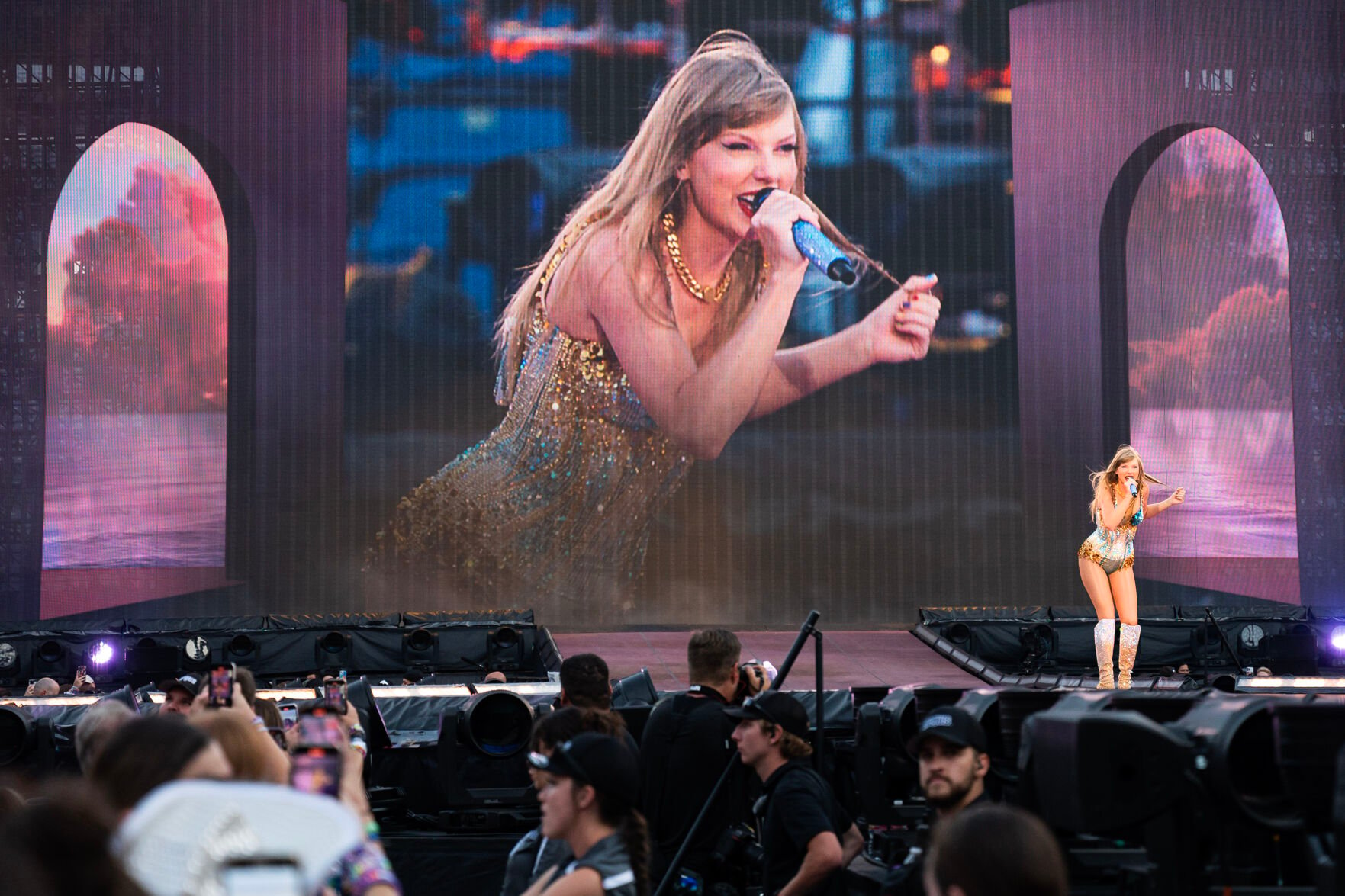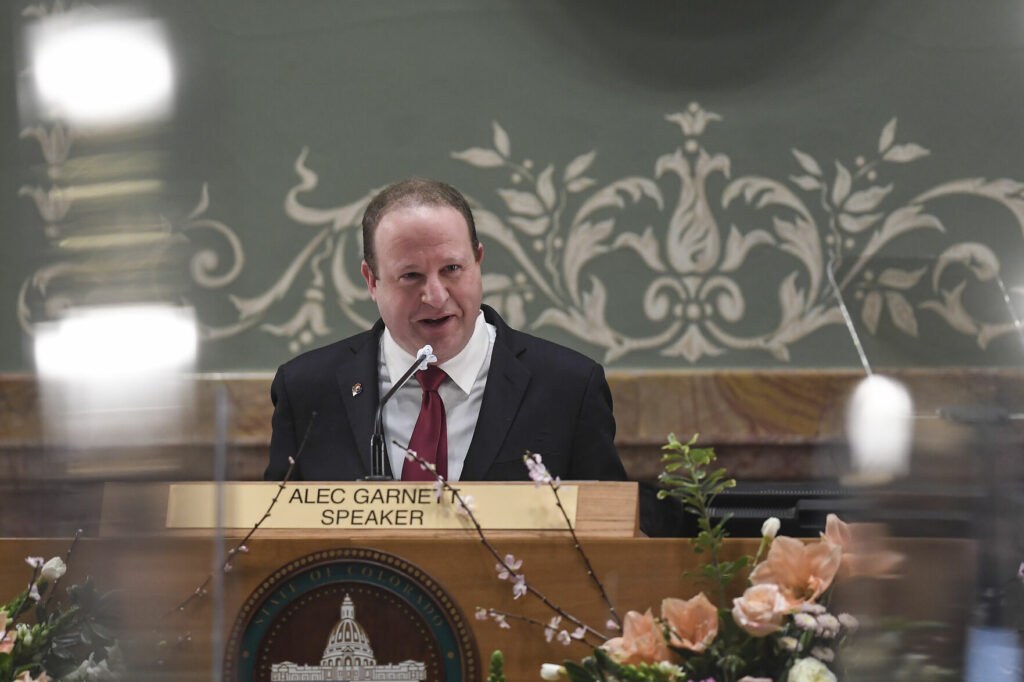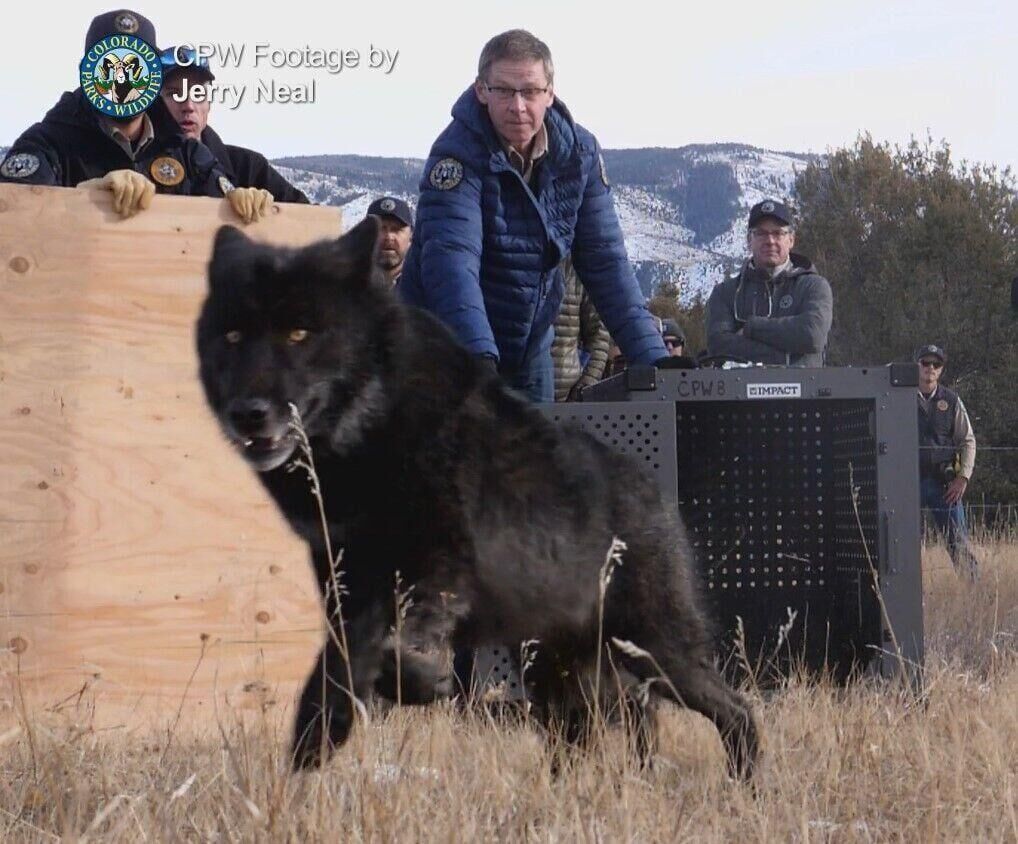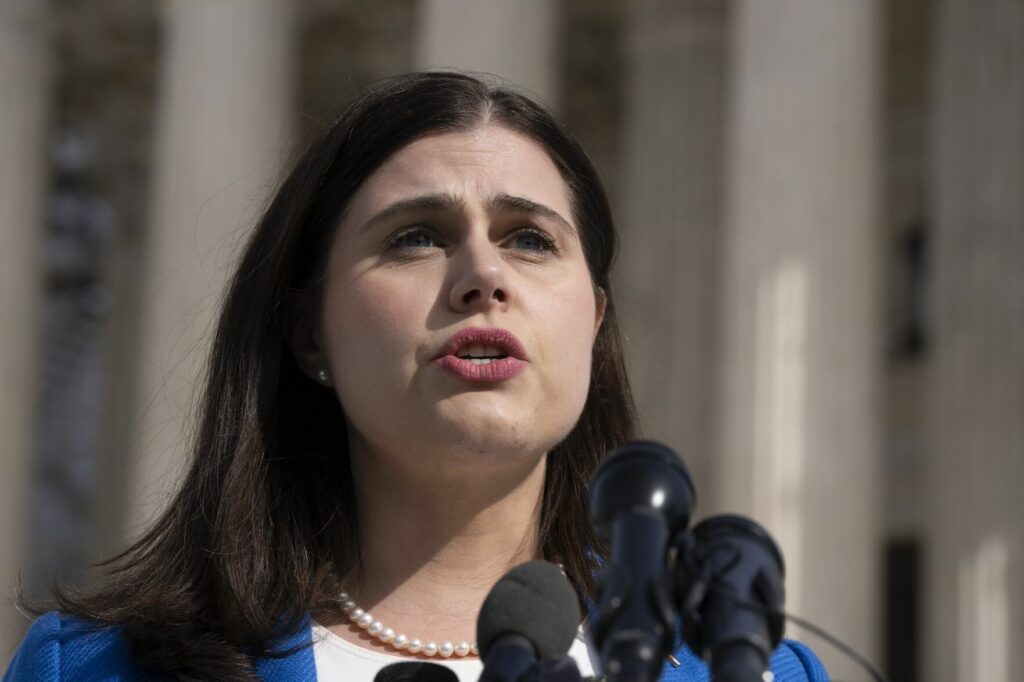Colorado’s top election official targets AI-generated ‘deepfakes’ in elections
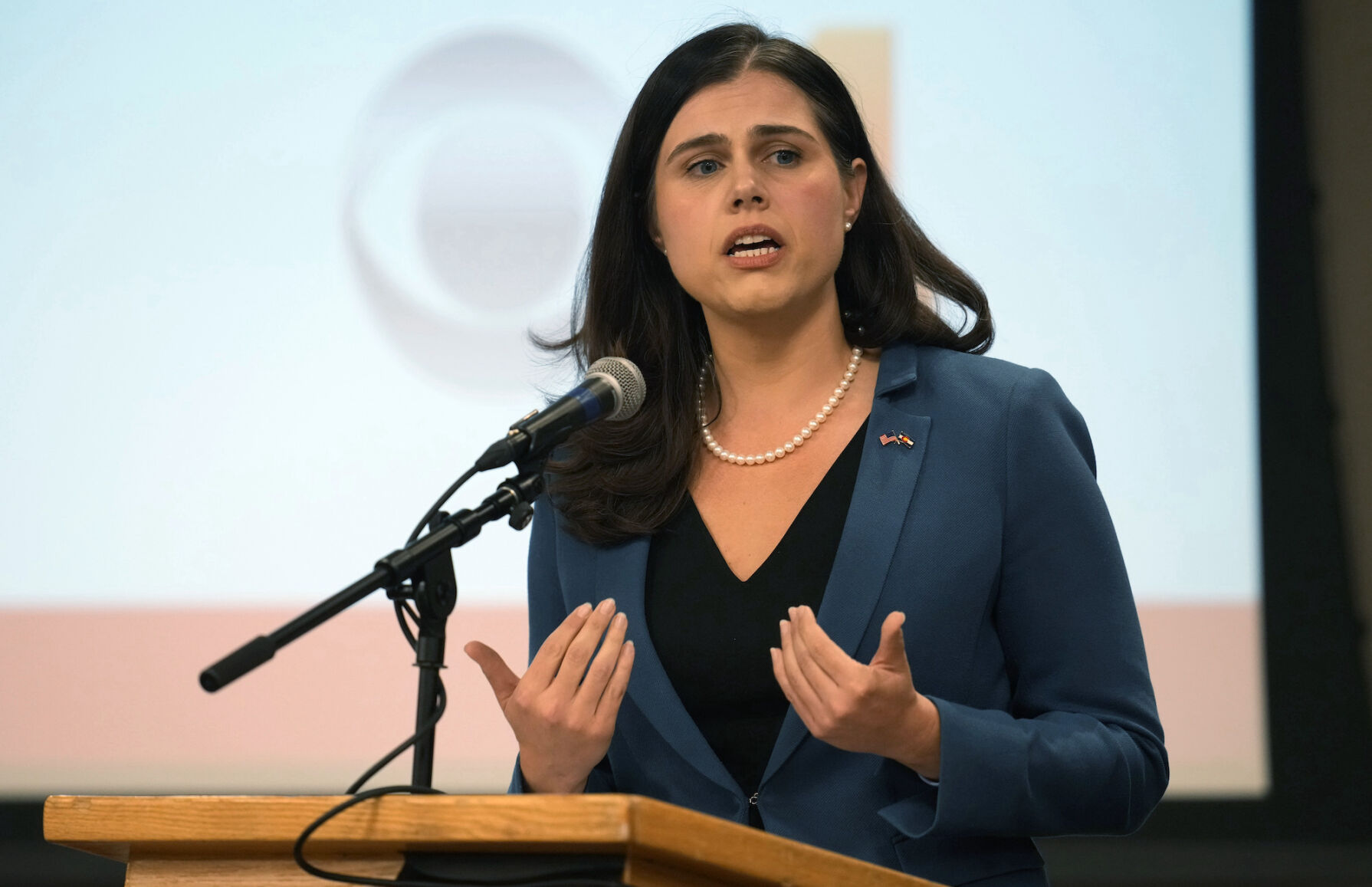
Colorado Secretary of State Jena Griswold is targeting AI-generated “disruptors” – such as “deepfakes” – as her office prepares for this year’s elections.
Griswold unveiled her legislative priorities at a time of social anxiety over “deepfakes.” This week, pornographic “deepfake” images generated by artificial intelligence and sexualizing people without their consent hit the singer Taylor Swift, drawing attention to a problem that tech platforms and groups have struggled to solve.
A “deepfake” refers to AI-generated images or videos that look real, a phenomenon further popularized by a viral Tiktok of a deep fake of “Tom Cruise” goofing around.
“Colorado’s elections are the nation’s gold standard, but we have not been immune to the attacks on democracy,” Griswold said when she announced her legislative priorities on Thursday.
“This legislative package ensures Colorado is ready for the emergence of AI disruptions in elections; protects Colorado elections from any future fake elector schemes; and ensures Colorado’s tribal communities have a voice at the table for years to come,” she said.
The bills Griswold is advocating for included a measure on artificial intelligence transparency, which requires AI-generated communications that show Colorado candidates or officeholders to include disclaimers so that people know these images are not real.
Under her proposal, AI-generated communications without a disclaimer would be subject to penalties and campaign finance enforcement. Notably, the person who is the subject of the AI generation would be able to sue those responsible for the communication.
While officials in Europe have been working on comprehensive regulations for the use of AI, time is running out for lawmakers in the United States to pass regulations ahead of this year’s election.
Earlier this year, the Federal Election Commission began a process to potentially regulate AI-generated deepfakes in political ads before the 2024 election. President Joe Biden’s administration also issued an executive order intended to encourage responsible development of AI. Among other provisions, it would require AI developers to provide safety data and other information about their programs with the government.
In Congress, U.S. Rep. Yvette Clarke of New York sponsored legislation that would require candidates to label any ad created with AI that runs on any platform, as well as a bill that would require watermarks on synthetic images, and make it a crime to create unlabeled deepfakes inciting violence or depicting sexual activity.
Closer to home, similar worries around banking and finance prompted U.S. Rep. Brittany Pettersen of Colorado to introduce legislation to address the growing threat from AI, specifically “deepfake” scams, to consumers, banks, credit unions and the American economy.
In addition to pushing to define the parameters of AI generation in elections, Griswold also intends to pursue legislation on so-called “fake” electors.
The measure criminalizes creating or “conspiring” to create a “fake” slate of presidential electors or serving as a “fake” elector. Those convicted would be prohibited form holding office in Colorado.
Griswold said it would be the first law in the nation to explicitly ban “fake elector” schemes.
The third measure guarantees tribal consultation on voting rights. The bill requires periodic meetings between the Secretary of State’s office and Colorado’s two resident tribes on voting rights and voting access.
All three measures have yet to be introduced.

